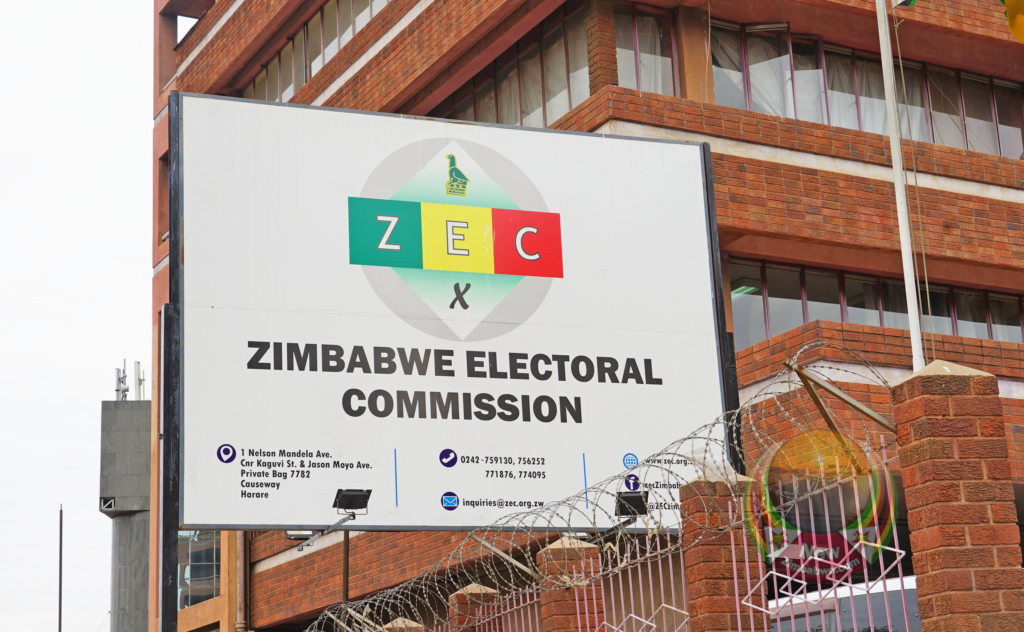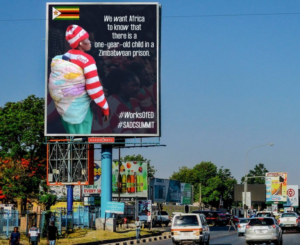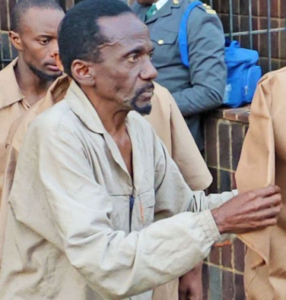ZIMBABWE’S ELECTION EXTRAVAGANZA

As Zimbabwe grapples with a persistent political spectacle, the country finds itself at the threshold of yet another series of by-elections. Scheduled for February 3, these elections are being scrutinized as an extravagant expense by a government already struggling with financial constraints. This decision to channel significant public funds into the electoral process is drawing widespread criticism, particularly as it comes at a time when the nation’s hospitals are in a state of decay and its roads are deteriorating.
The backdrop to this situation is a prolonged political charade that has plagued Zimbabwe for years. The ruling party’s insistence on maintaining a one-party state agenda has led to a series of decisions that prioritize political machinations over critical public services. The upcoming by-elections are seen as the latest manifestation of this agenda, widely regarded as unnecessary and a lavish expenditure of scarce public resources.
Critics argue that the government’s decision to proceed with these by-elections is a blatant misallocation of funds. Zimbabwe’s economy, already reeling under various pressures, can ill-afford such extravagance. The cost of conducting these elections is substantial, and many contend that this money could be better spent on improving the country’s crumbling healthcare infrastructure and repairing its dilapidated roads.
Hospitals across Zimbabwe are in dire straits. Medical facilities lack basic equipment and supplies, and healthcare workers are often forced to work under challenging conditions with inadequate support. The situation is so grave that in some areas, hospitals are unable to provide even the most basic healthcare services to the population. This neglect has led to a decline in the overall health and well-being of the populace, with preventable diseases becoming increasingly prevalent.
Moreover, the country’s infrastructure, particularly its road network, is in a state of disrepair. The roads, plagued by potholes and a general lack of maintenance, pose a significant risk to public safety and hinder economic activities. The transportation of goods and services is severely affected, impacting the livelihoods of many, especially those in rural areas.
The government’s insistence on going ahead with the by-elections is being viewed as a tactic to consolidate power rather than a genuine effort to facilitate democratic processes. This perception is fueled by the fact that the ruling party has historically used such elections to strengthen its grip on power, often at the expense of the broader needs and aspirations of the Zimbabwean people.
In conclusion, as Zimbabwe prepares for these by-elections, there is a growing sense of frustration and disillusionment among its citizens. Many see these elections as an unnecessary diversion of resources that could be better used to address the pressing issues facing the country. The government’s priorities are being questioned, and there is a palpable sense of urgency for a change in approach – one that puts the needs of the people and the nation above political ambitions.




It’s disheartening to see the government prioritize political games over essential public services. The funds used for these by-elections could have been better allocated to fix our hospitals and roads, which are in a deplorable state. This is a clear example of misplaced priorities and a disregard for the well-being of the citizens.
These by-elections are just another attempt by the ruling party to tighten its grip on power. Instead of focusing on real issues like healthcare and infrastructure, they’re wasting resources on maintaining control. The people of Zimbabwe deserve better than this constant political maneuvering.
The decision to hold these elections is a glaring example of the government’s inability to manage the country’s finances. With the economy already struggling, it’s outrageous to divert funds to an unnecessary political exercise while the healthcare system and infrastructure crumble.
The state of our roads is a public safety hazard, yet the government seems more concerned with these by-elections. It’s infuriating that they are willing to let our infrastructure decay while they focus on maintaining political power. This blatant disregard for the safety and well-being of citizens is unacceptable.
While there are many pressing issues, it’s important to maintain the democratic process. By-elections, though costly, are essential for ensuring that the government reflects the will of the people. It’s a necessary step in preserving our democracy, even if the timing is not ideal.These by-elections could be an opportunity for the people of Zimbabwe to voice their dissatisfaction and demand change. While the concerns about expenditure are valid, this electoral process can potentially lead to a more accountable government that prioritizes the needs of its citizens.